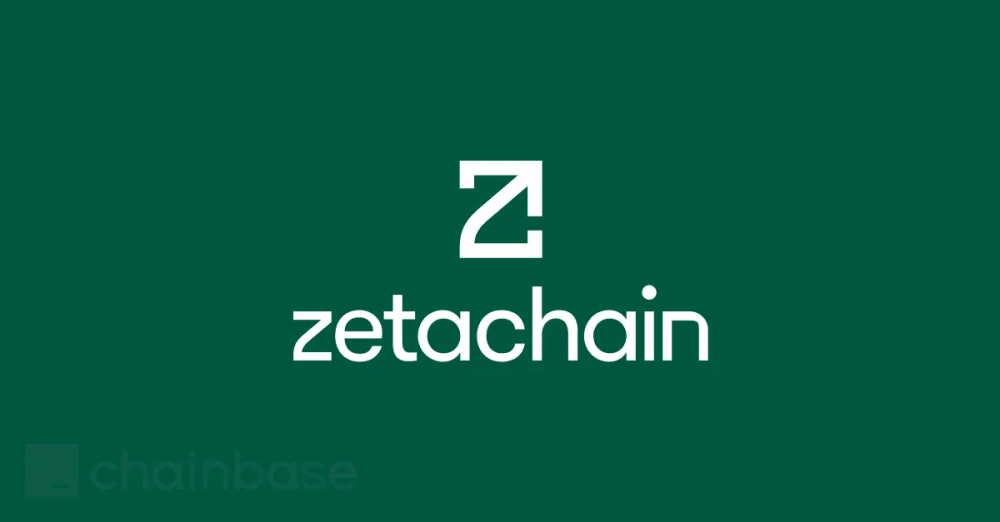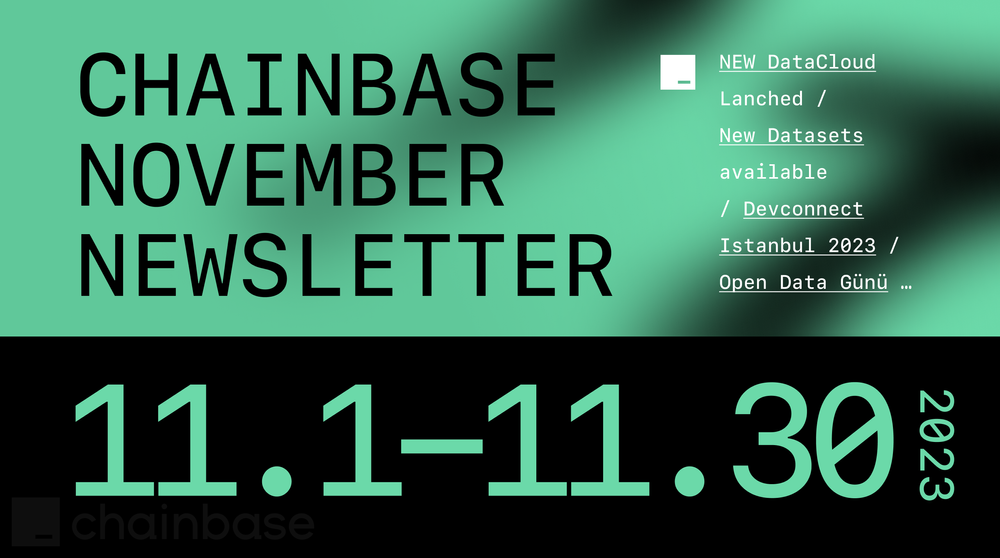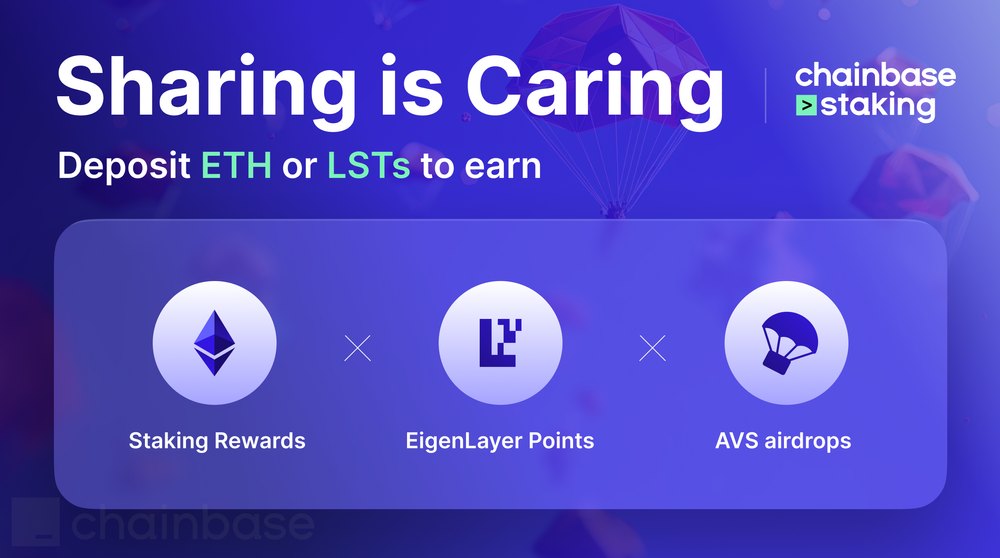I. What is a Blockchain Node?
In the fascinating world of blockchain technology, a blockchain node plays a pivotal role in the operation of the network. Essentially, a node is a program that connects to the blockchain network, enabling it to send and receive information, validate transactions, and store the current state of the blockchain. What makes blockchain truly revolutionary is its decentralized nature, with no central server controlling the network. Instead, it consists of numerous nodes distributed across the globe, all working collaboratively to maintain the blockchain's integrity and security. To access blockchain information and interact with decentralized applications (dApps), users need a node to facilitate these interactions.
II. Challenges of Running Your Own Node
While the concept of running a node might seem appealing to some enthusiasts, it comes with its fair share of challenges. Setting up and synchronizing a node with the blockchain can be time-consuming, requiring substantial computational resources. Moreover, running your own node entails constant maintenance, including upgrades, health monitoring, and fixing potential crashes. Scaling beyond a single node introduces additional complexities, as it may lead to data inconsistencies across the network.
III. What is a Node Provider?
To overcome the hurdles of running an individual node, various companies offer node provider services. These providers, such as Chainbase, specialize in delivering Node APIs, eliminating the need for users to manage their nodes actively. By using a node provider, developers can focus on building and deploying applications while relying on the provider's infrastructure for reliable and scalable access to the blockchain.
IV. Why Use a Node Provider?
Node providers play a crucial role in the development and deployment of blockchain-based applications. When creating smart contracts or fetching live blockchain data for dApps, using a node provider becomes essential. The benefits of relying on a node provider include ensuring the reliability of data for dApp users and maintaining data consistency throughout the application's lifespan.
V. How Chainbase Differs from Other Providers
Among the various node providers available, Chainbase stands out with its unique features tailored to developers' needs. Some distinctive characteristics of Chainbase include:
API - Indexed Data
Chainbase provides a suite of REST and Stream APIs that simplify your web3 development process.
Datasets
Chainbase supports a wide range of decoded and enriched datasets for you to build next-level apps with cutting-edge protocols today and tomorrow.
Studio - Custom Dataset
Deploy pipelines for transforming data in real time. Chainbase uses a low-latency stream computing engine to help you process and manipulate your data in real-time.
Sync - Stream data to your backend
With Chainbase Sync, you can integrate the data you need into your own infrastructure and then more easily analyze or process the data to power your API.
Data Cloud
Data Cloud lets you run your low-latency queries through an endpoint to leverage all our indexed datasets for your custom needs.
VI. Getting Started with Chainbase
Joining Chainbase is an accessible process for developers eager to integrate their dApps with the blockchain. Chainbase offers a straightforward Software Development Kit (SDK) integration with popular libraries like web3.js or ethers.js, easing the integration process and accelerating application development. Additionally, developers can enjoy free accounts with comprehensive documentation and support available on Chainbase's Discord community.
In conclusion, blockchain nodes play a crucial role in the decentralized world of cryptocurrencies and dApps. However, running and maintaining individual nodes can be challenging. This is where node providers, like Chainbase, come to the rescue, simplifying the process of accessing blockchain information and ensuring data consistency for seamless user experiences.
About Chainbase
Chainbase is an all-in-one data infrastructure for Web3 that allows you to index, transform, and use on-chain data at scale. By leveraging enriched on-chain data and streaming computing technologies across one data infrastructure, Chainbase automates the indexing and querying of blockchain data, enabling developers to accomplish more with less effort.
Want to learn more about Chainbase?
Visit our website chainbase.com Sign up for a free account, and Check out our documentation.
Website|Blog|Twitter|Discord|Link3






